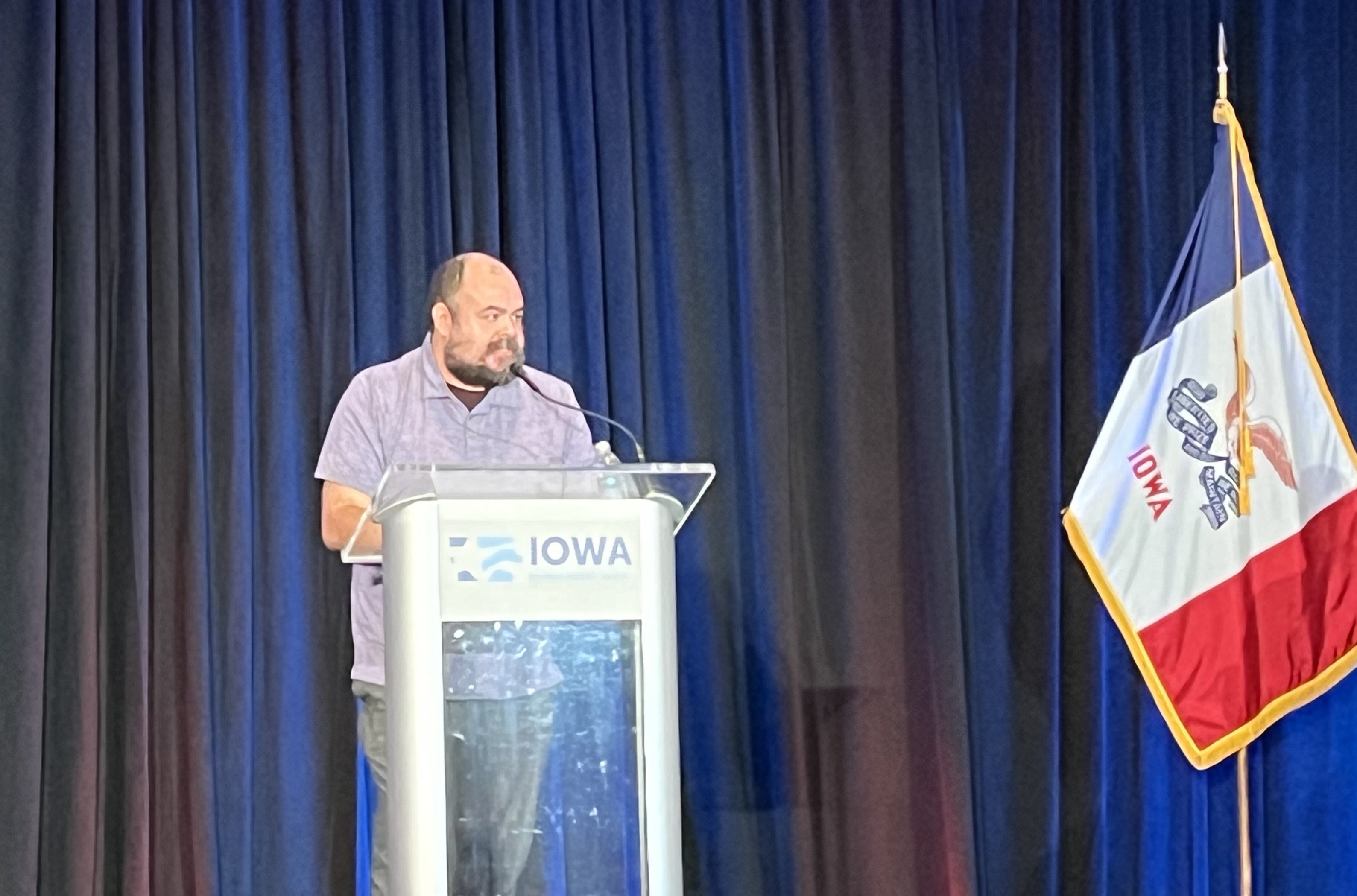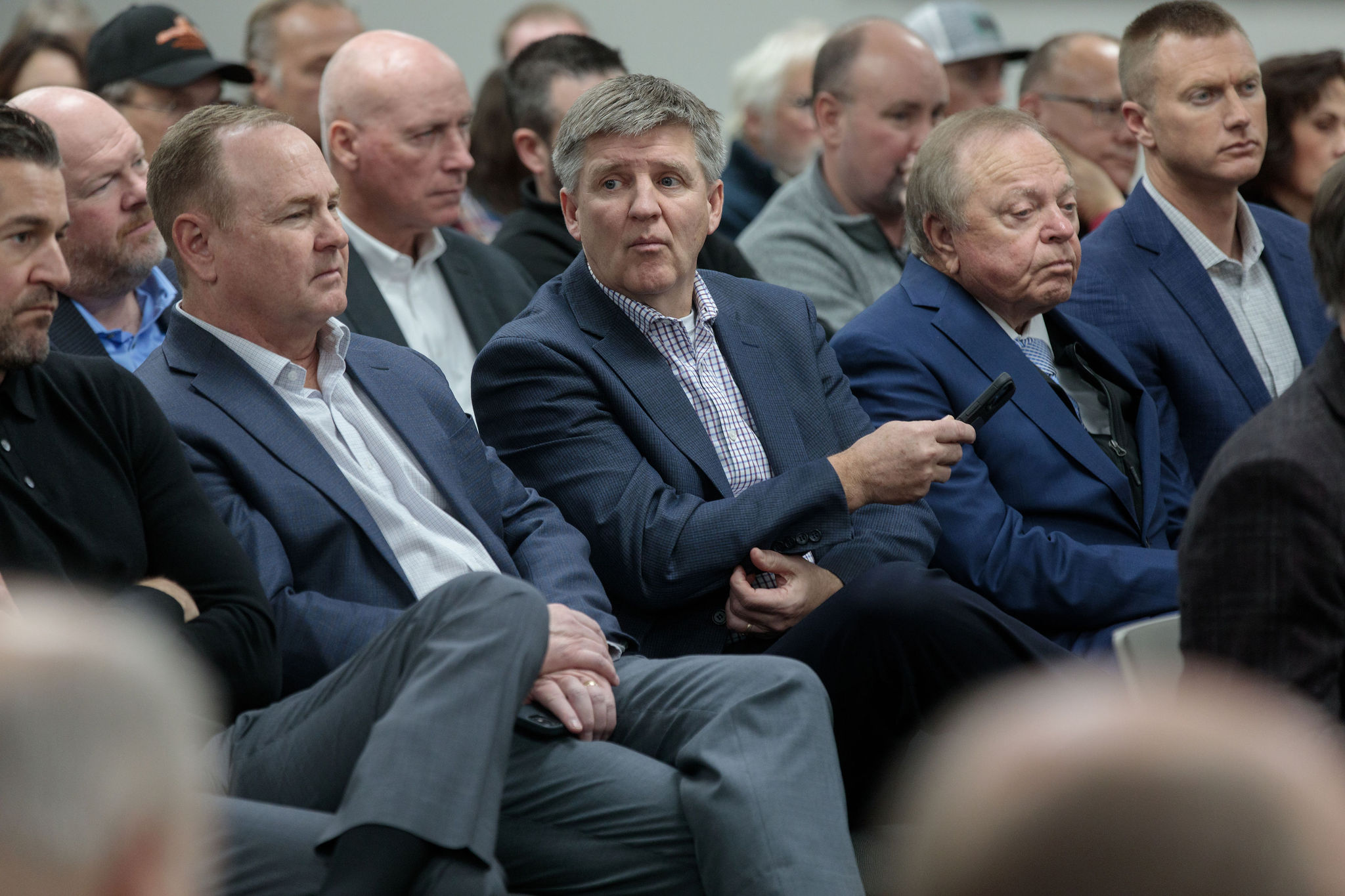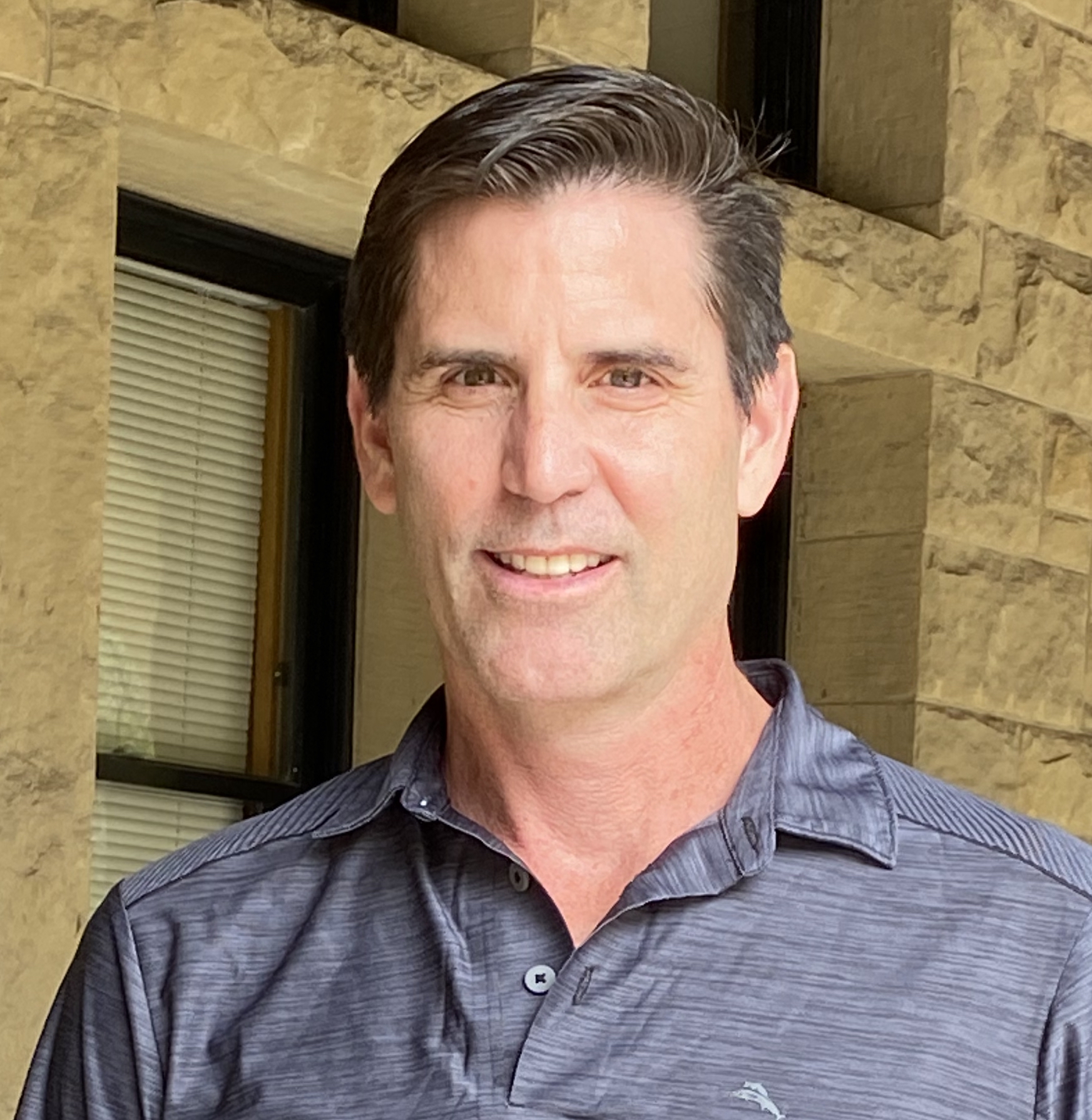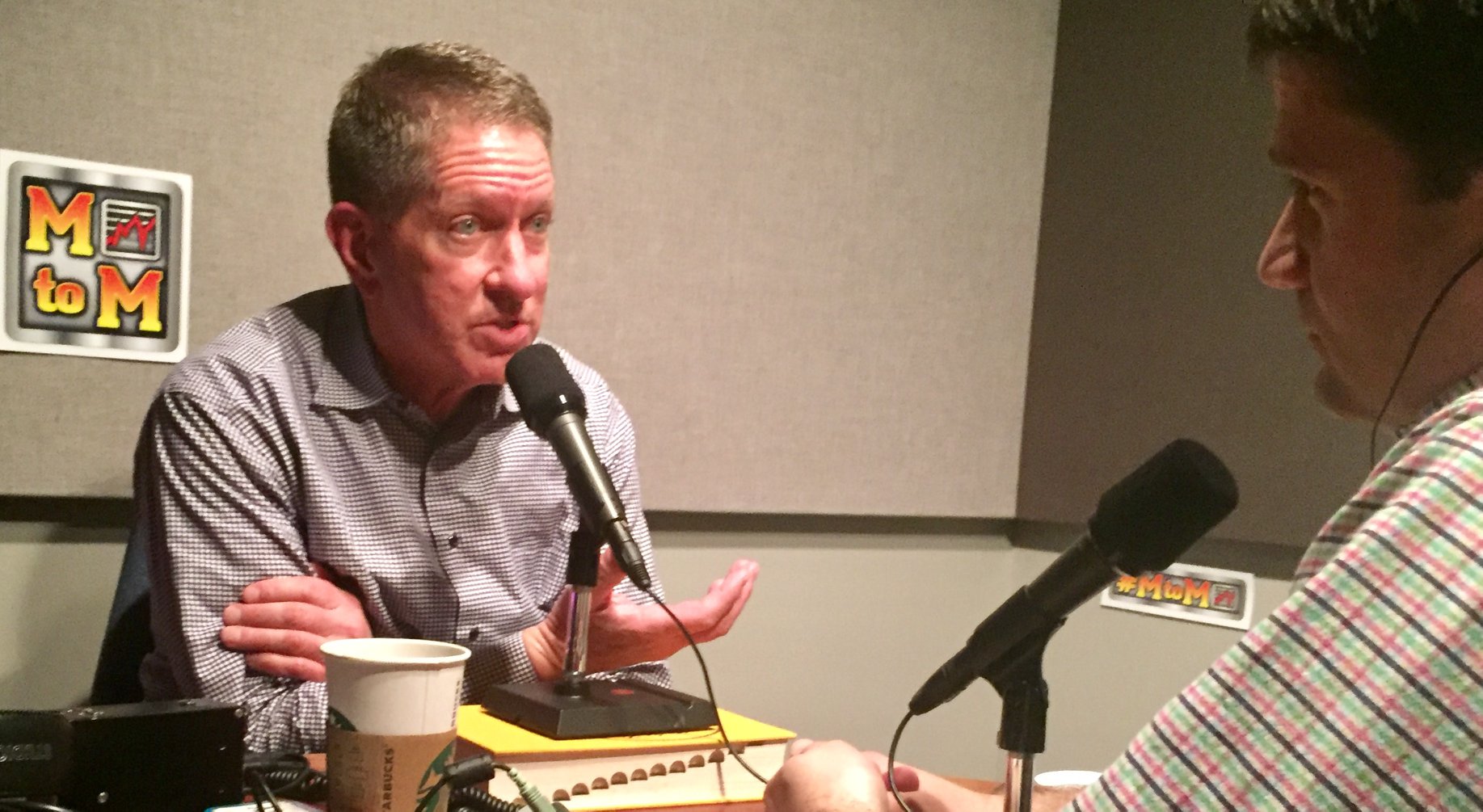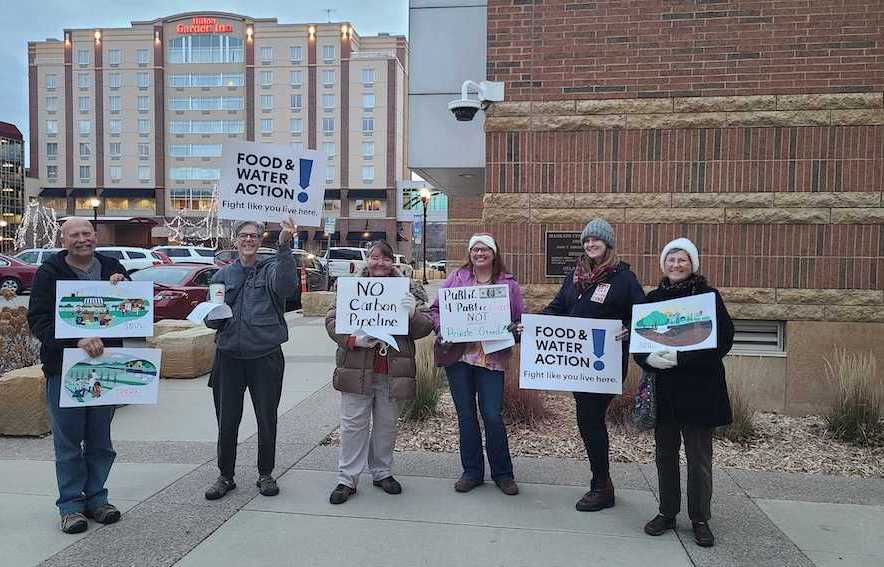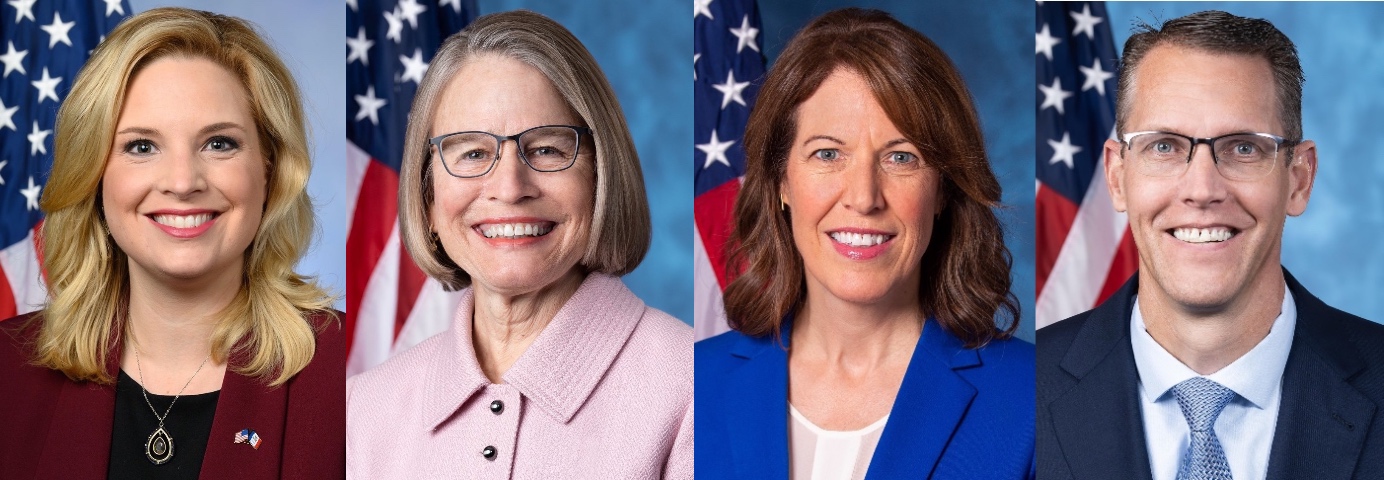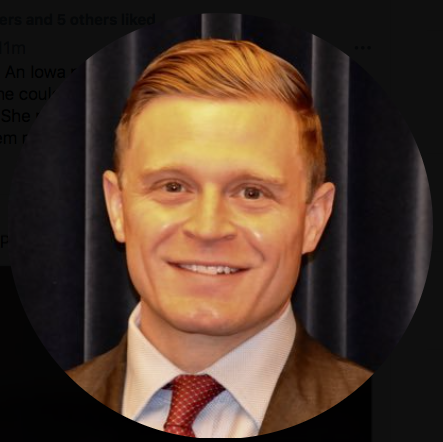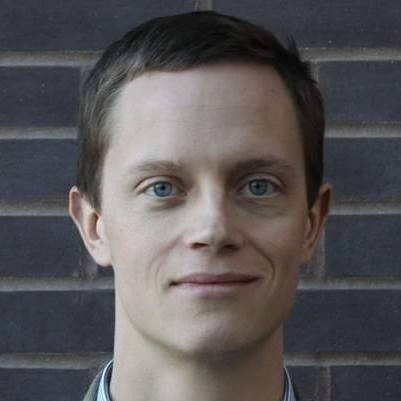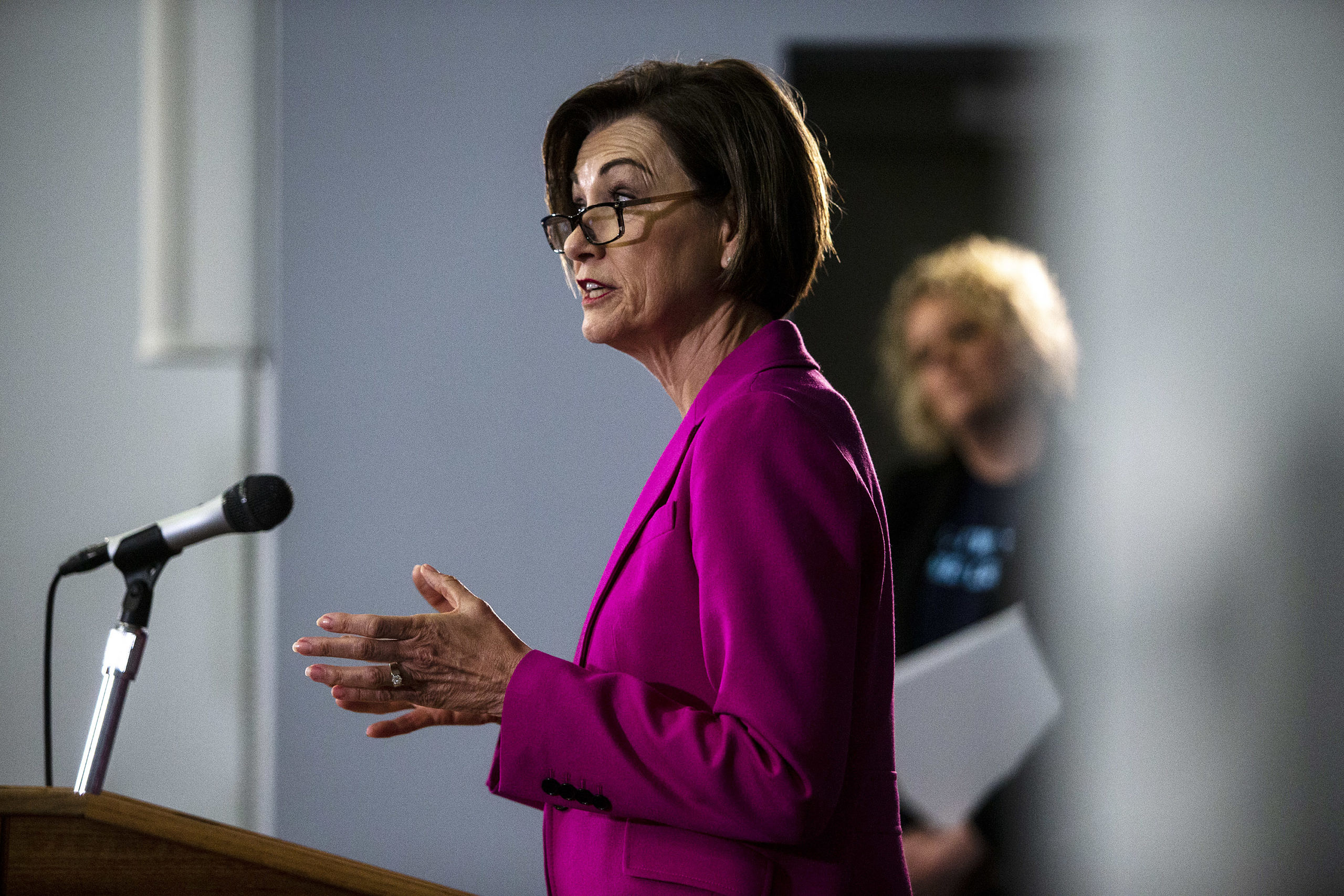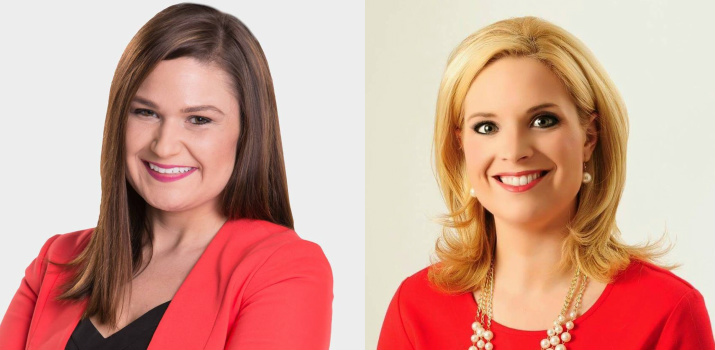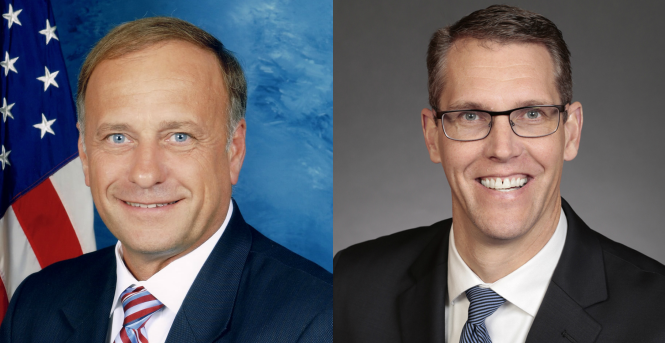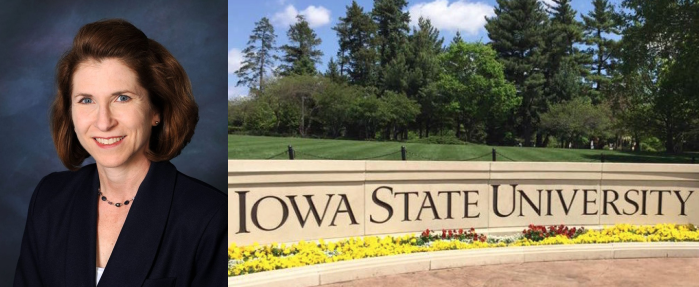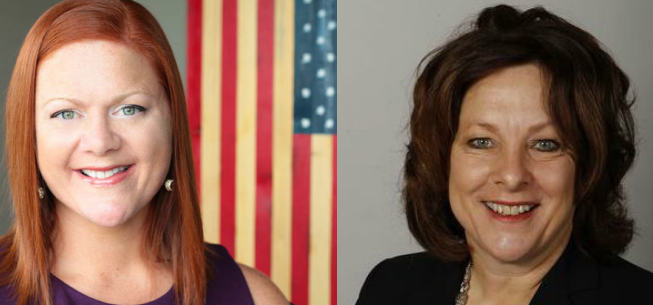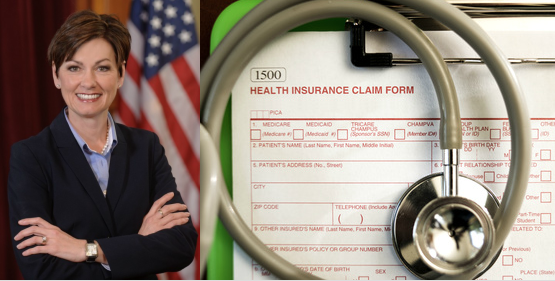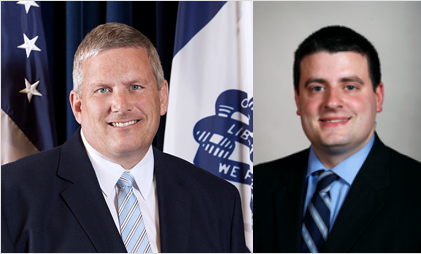President Donald Trump has officially nominated Iowa Secretary of Agriculture Bill Northey to a senior position at the U.S. Department of Agriculture. In another sign of this administration’s lack of basic competence, the USDA’s news release says Northey will be Under Secretary for Farm Production and Conservation, while the statement from the White House says he will be Under Secretary for Farm and Foreign Agricultural Services. (See excerpts enclosed below, along with Northey’s official biography.)
Either way, U.S. Senate confirmation should be smooth sailing, clearing a path for Governor Kim Reynolds to appoint a new secretary of agriculture later this year or in early 2018. The appointee would presumably be a prohibitive favorite for the Republican nomination next spring.
This thread is for any speculation about successors to Northey. A few months ago, I thought State Representative Pat Grassley was a lock for the job. He was seen as a likely candidate for secretary of agriculture in 2014 or 2018, had Northey run for higher office. His grandfather, Senator Chuck Grassley, is co-chairing the Reynolds campaign for governor.
And yet: ever since Pat Grassley tweeted last week that he was “not convinced” a state tax incentives package worth $400,000 per long-term job created by Apple was “good value for Iowa taxpayers,” I’ve been wondering whether he and the governor had a falling out. Perhaps word reached him that Reynolds is leaning toward someone else for secretary of agriculture. The governor has been talking up the Apple deal as a major accomplishment. Her chief of staff, Jake Ketzner, is not known for showing tolerance toward Republicans who criticize or question his boss.
Former State Representative Annette Sweeney could be a contender. She’s executive director of the Iowa Angus Association, having previously headed a public policy group called Iowa Agri-Women. Before that, she served as Iowa House Agriculture Committee chair and floor-managed the country’s first “Ag Gag” bill.
The political map drawn up after the 2010 census put Sweeney and Pat Grassley in the same legislative district, and she lost a tough, expensive 2012 primary widely viewed as a proxy war between Bruce Rastetter and Senator Grassley. The two Iowa Republican powerhouses were on opposite sides again during last year’s GOP primary in the fourth Congressional district.
Sweeney is a childhood friend of Rastetter, who has been a major donor to Reynolds and before that, had tremendous influence over her mentor, Governor Terry Branstad (see also here). Reynolds’ chief of staff Ketzner became a senior adviser to Chris Christie’s presidential campaign around the same time Rastetter endorsed the New Jersey governor.
Iowa Democrats do not have a declared 2018 candidate for secretary of agriculture yet. Northey narrowly defeated Denise O’Brien in his first statewide election, then won his second and third terms by comfortable majorities.
Continue Reading...



